People aren’t props.
I had planned to post a different story today, but the news has caught up with me. Writing about tax collectors will have to wait. We need to talk about shithole countries.
Honestly, I struggled with writing about the President’s recent comments. At first I considered telling stories about people I’ve known from the countries Donald Trump dismisses. Then I was going to try a few snapshot pieces to make those places feel more real. But what I’d really like to say is this:
“Shithole countries” was dehumanizing. It’s exactly why we need good travel writing, and it’s exactly where travel writing often goes wrong.
I’m not going to spend much time on Trump’s obscenity itself. It doesn’t matter whether Trump called Haiti a shithole, a shithouse or just a dump. His purpose was to dehumanize the people who live there. Trump wanted to describe them as the kind of people who would build a crappy little nation and the kind of people he doesn’t want here.
Kinds aren’t people. Kinds are cartoons. Kinds live in shitholes.
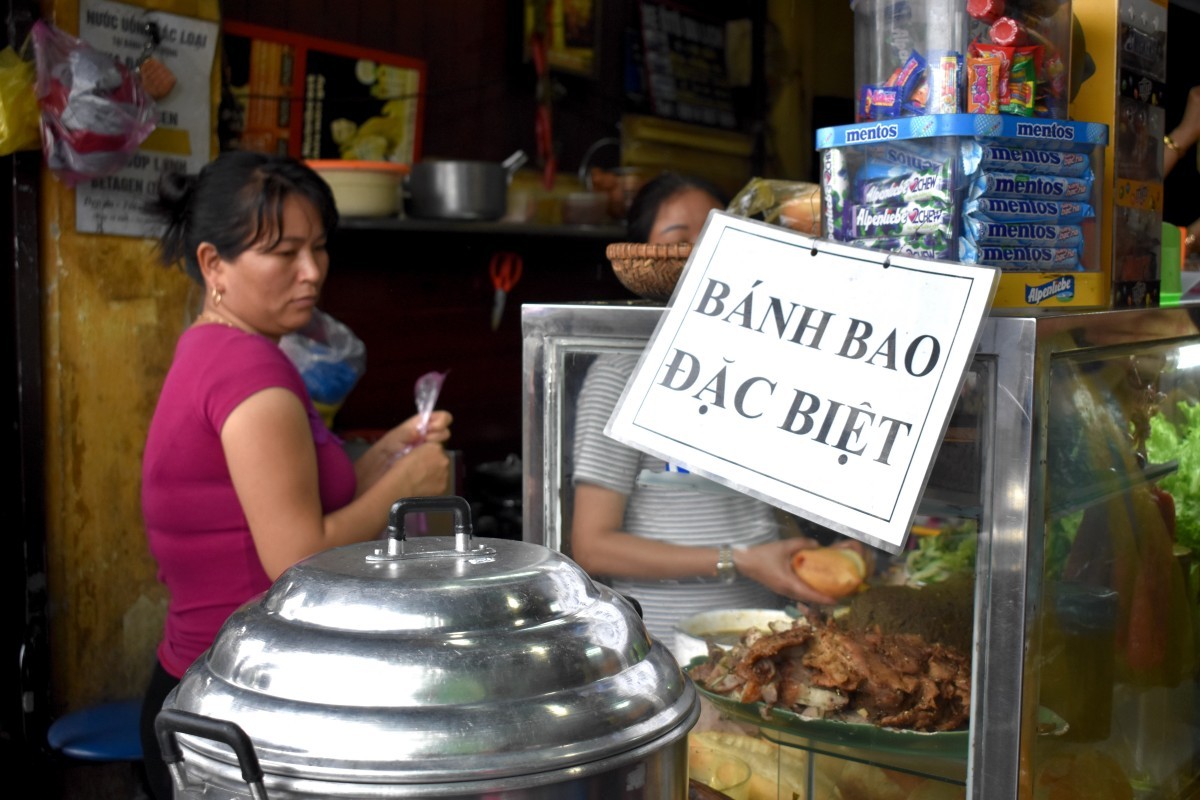
A banh mi shop serving the lunch crowd in Hoi An, Vietnam.
Trump’s comment wrote off entire nations of people as characters in a story he wants to tell about race and nationalism. It felt true to people who crack jokes not to drink the water, who saw Hostel as an educational video, or who say “you’re going where?”
Those of us who travel and who condemned Trump’s comments shouldn’t feel too smug. Among many well-meaning people, a quiet voice said “sure his comment was vile… but why can’t they just get the garbage off the streets?” How many travelers didn’t suppress that memory of a chihuahua-sized rat scampering through a restaurant? How many journalists wouldn’t think back to the last corrupt official they interviewed?
That’s how caricatures work. They speak to something that feels right on a gut level without worrying too much about the complicated truth.
Here, “shithole countries” gave us permission to stop worrying about the problems of people in Haiti. They stopped being people in search of a better life and became characters in a story about a nation that can’t get its act together. Finding these lowest common denominators is Trump’s cunning; he’s very good at giving people guilty little pleasures they can thrill to.
Troublingly enough, we travel writers do this a lot too. Every article that describes “the people” in a country or writer who talks about their personal experience as if it’s a synecdoche for an entire culture, they’re doing the same thing.
Journalists mean well, but at the end of the day it doesn’t matter whether you’re trying to sell the world as a scary nightmare or a big green M&M. Writing people off with an epithet turns them into props in your story. It reduces them, whether you’re describing Haiti as a “shithole” or talking about how nice Cambodians are.
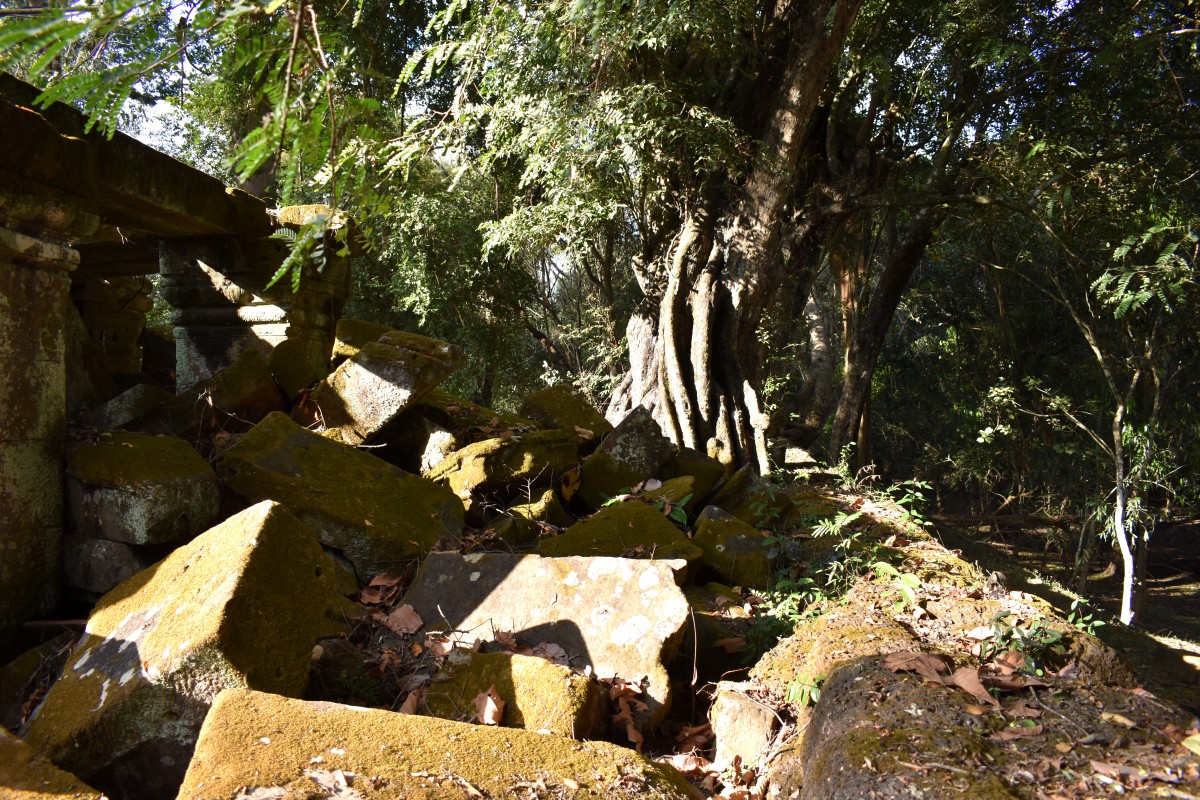
Tumbled stones at Angkor, the backdrop of so many people’s photos and also a place where hundreds of people live.
Trump’s comment worked for the same reason that bloggers give trippingly sunny description of carefree Greeks on the Cyclades. It struck an emotional chord with his target audience. People who read travel blogs want to believe in The Land of Smiles, as if there are no assholes in Thailand. Many of Trump’s supporters want to believe that the people in Haiti deserve what they get.
Which is why it’s important to remember that he’s not the only one doing this. I once had an editor suggest the title “Reporting From Hell (And Coming Back Sunburned),” and have had drinks with expats who crow about living in a country where a few bucks can bribe the cops. I’ve met travelers who’ll call you a racist for saying a single bad thing about a country that’s not your own, and others who walk around barefoot because they believe that brings them closer to the locals.
And I’ve read so, so many travel stories that describe “the people” in a country.
Trump isn’t alone. He’s just more vulgar. As travel writers and journalists we have a responsibility to be careful. When we’re not, we’re no less guilty of turning people into props and characters for our stories.
That’s a very big deal, because good travel writing is what pushes back against Trump’s vile comments.
Good travel writing is about empathy. Bill Bryson’s curmudgeonly hikes in Britain or J. Maarten Troost’s time getting sober in the South Pacific both make for entertaining reads, but they also flesh out the human beings who live in these places. Their work brings readers a little closer to the hobbies, heartbreak, ambitions, disappointments and hundred other details that make it pretty hard to dismiss someone as just another waste of space living in a shithole country.
Trump’s comment asks us to dismiss all of those people as nasty little creatures. Good travel writing asks us to empathize with them. It helps us to understand them as human beings who live different but very real lives. It brings readers and strangers closer together.
An article on food can help a reader understand the hands and families that prepared that meal. Writing about a trip, done well, illuminates the communities a traveler moves through. Even a good guesthouse review can help readers understand why someone would want to visit that country in the first place.
As travel writers we fall into this trap pretty often. Even when we mean well, it’s easy to write off foreigners as nice or lovely or above reproach. But when we do our jobs right, travel writing is what builds the kind of empathy that makes it impossible to get away with calling Haiti a shithole country.
- Write More Listicles - August 12, 2021
- Find The Hard Interview - July 28, 2021
- Using Your Voice - August 22, 2018

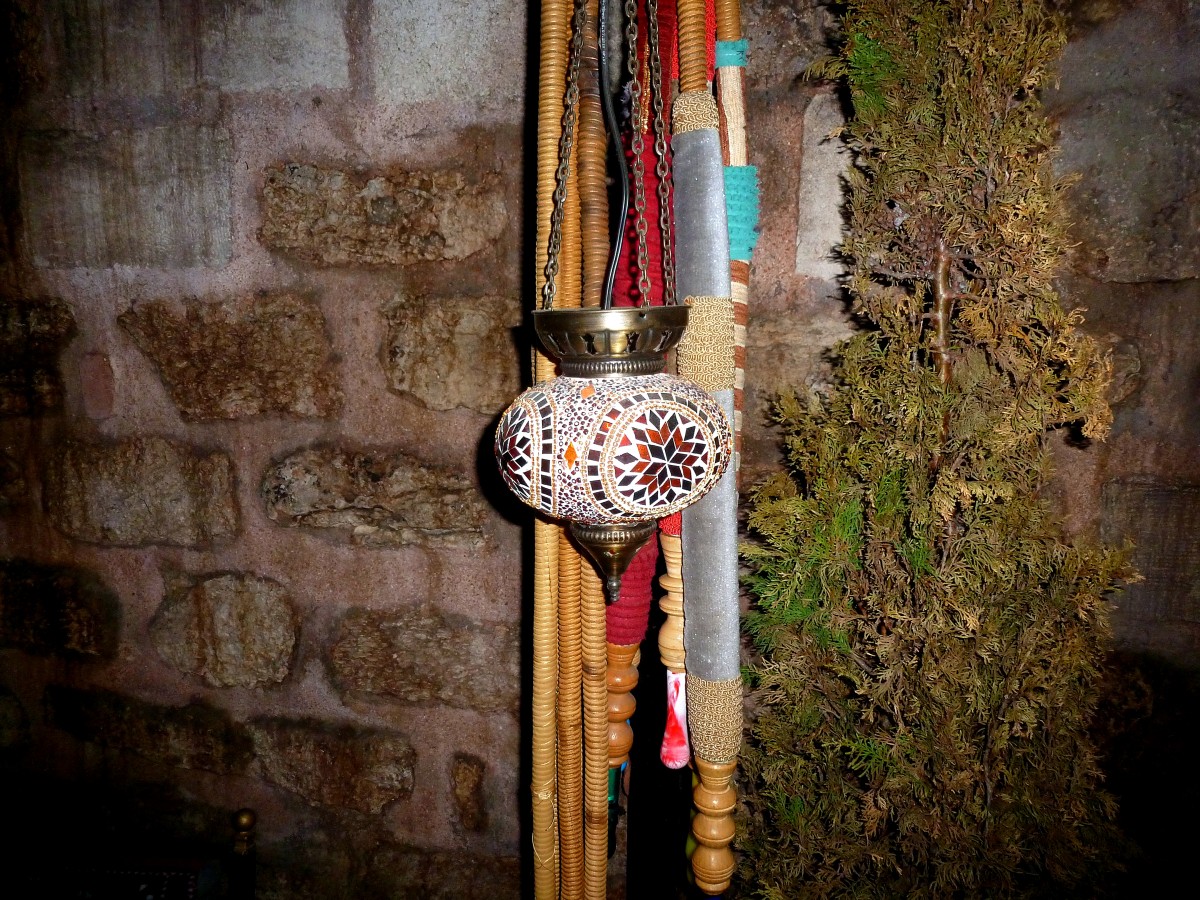
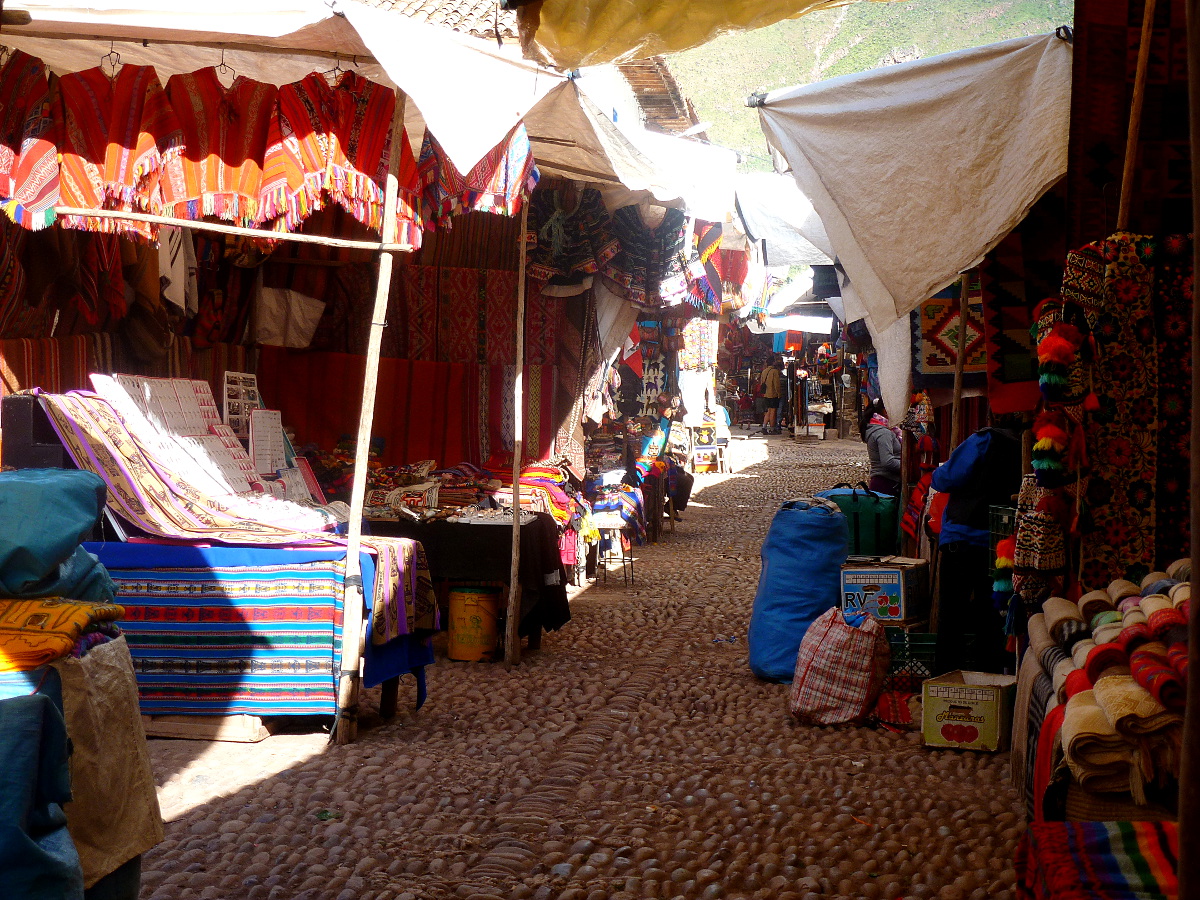
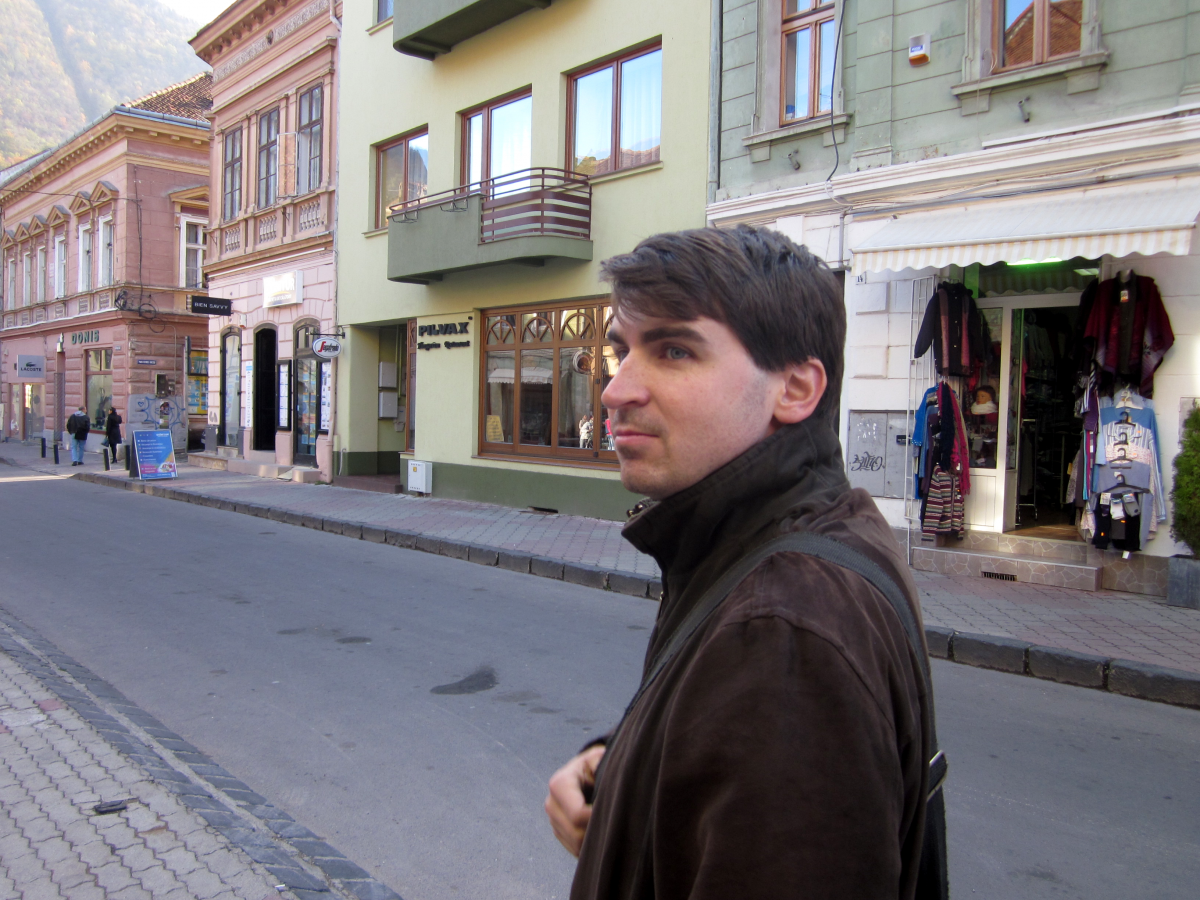

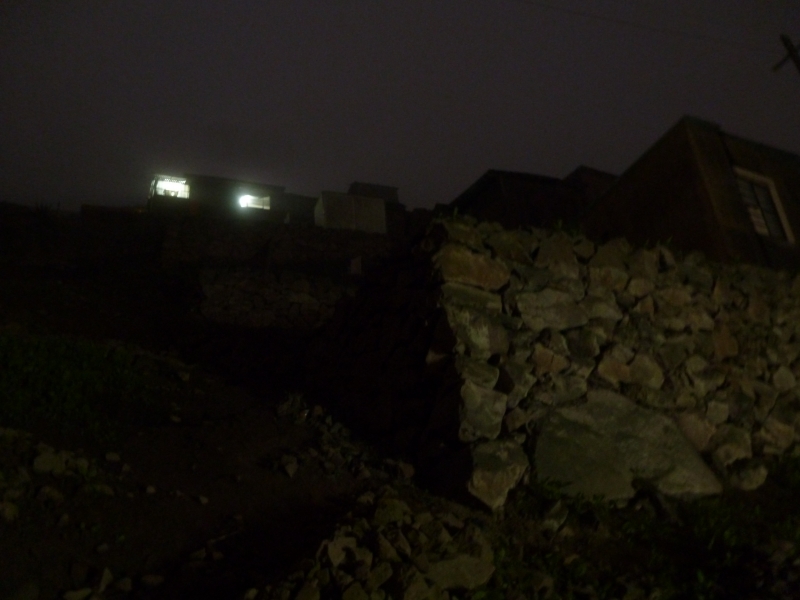

Leave A Comment